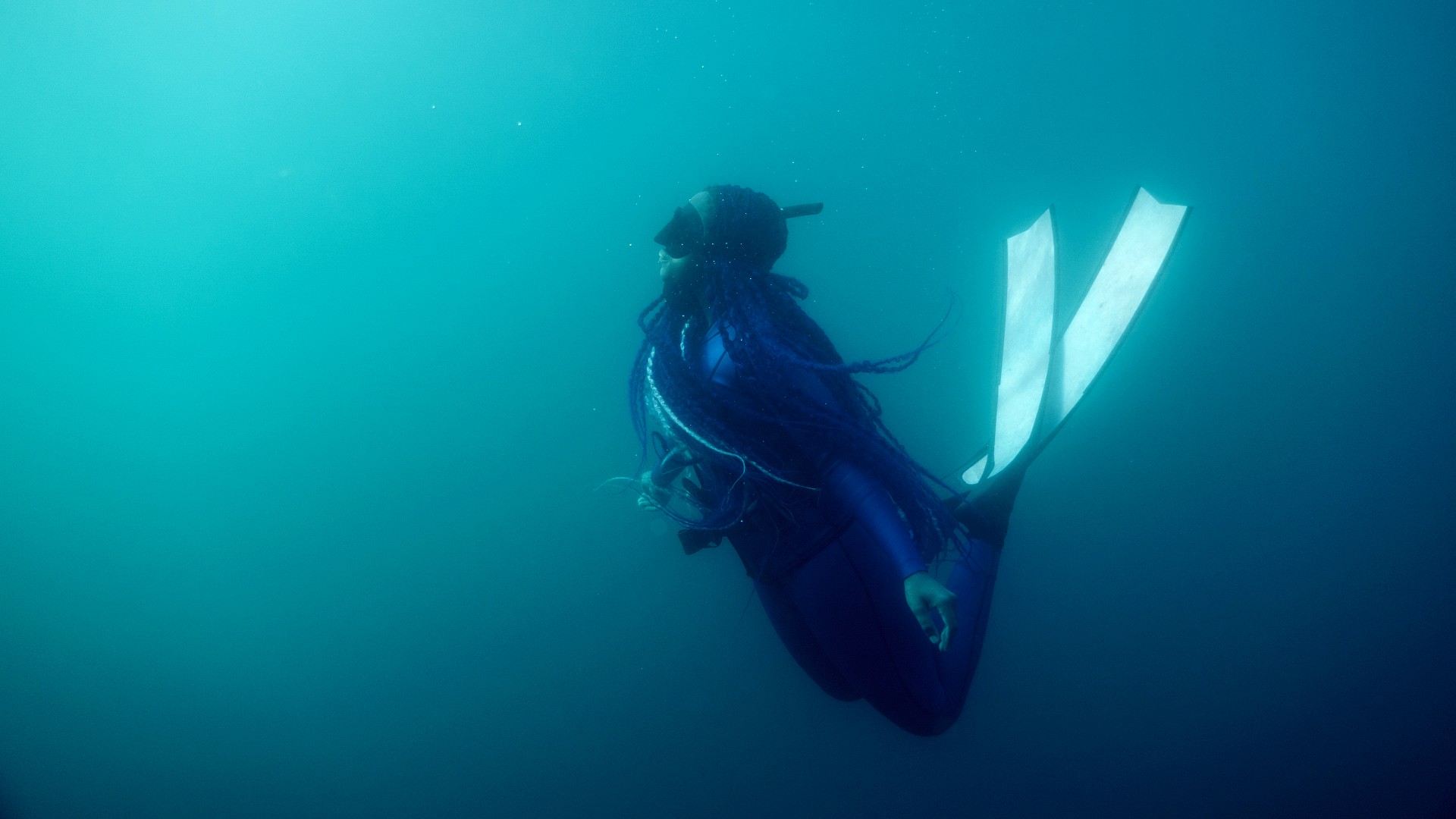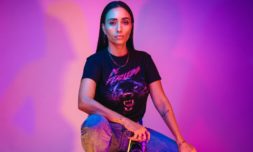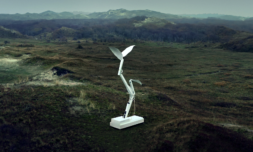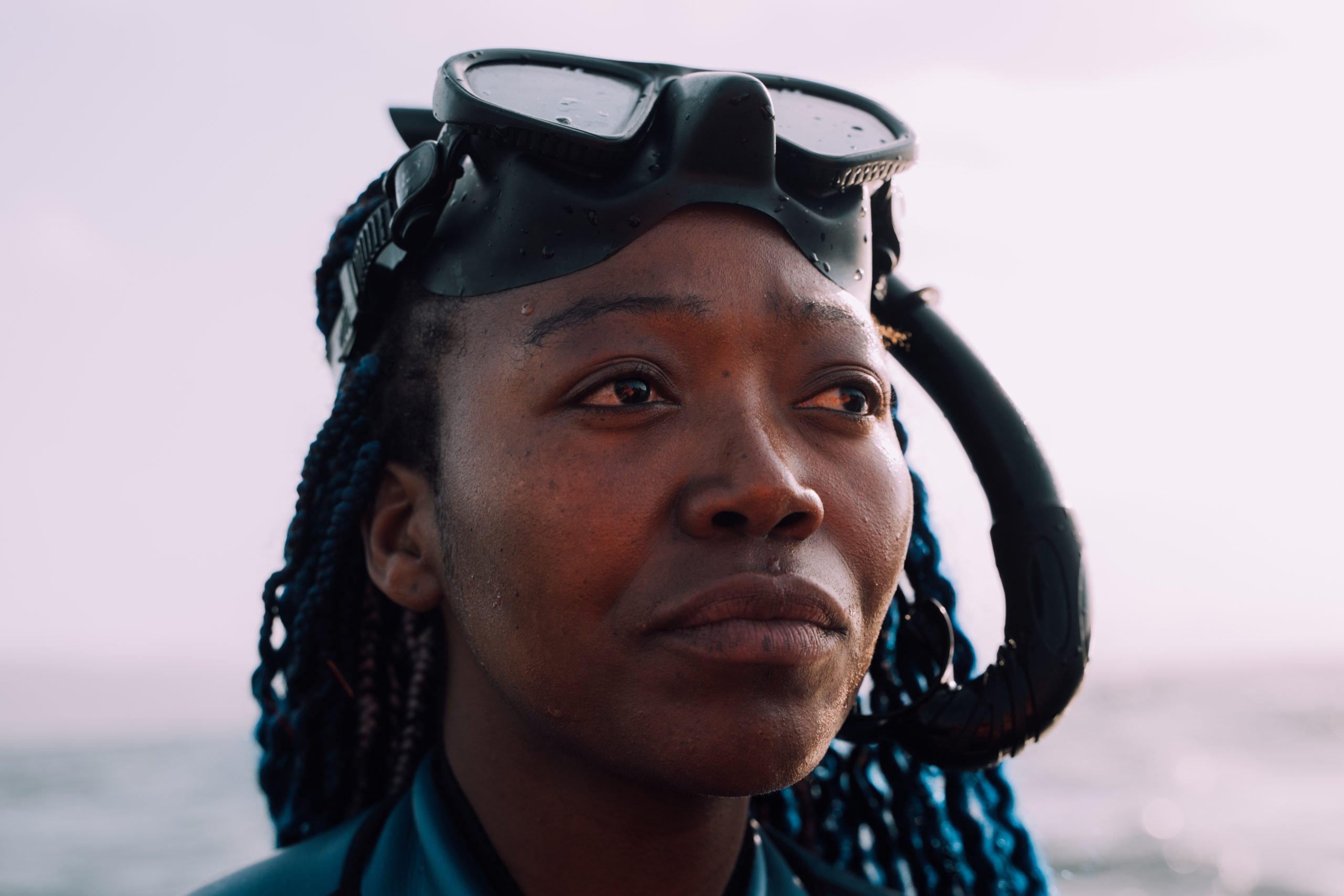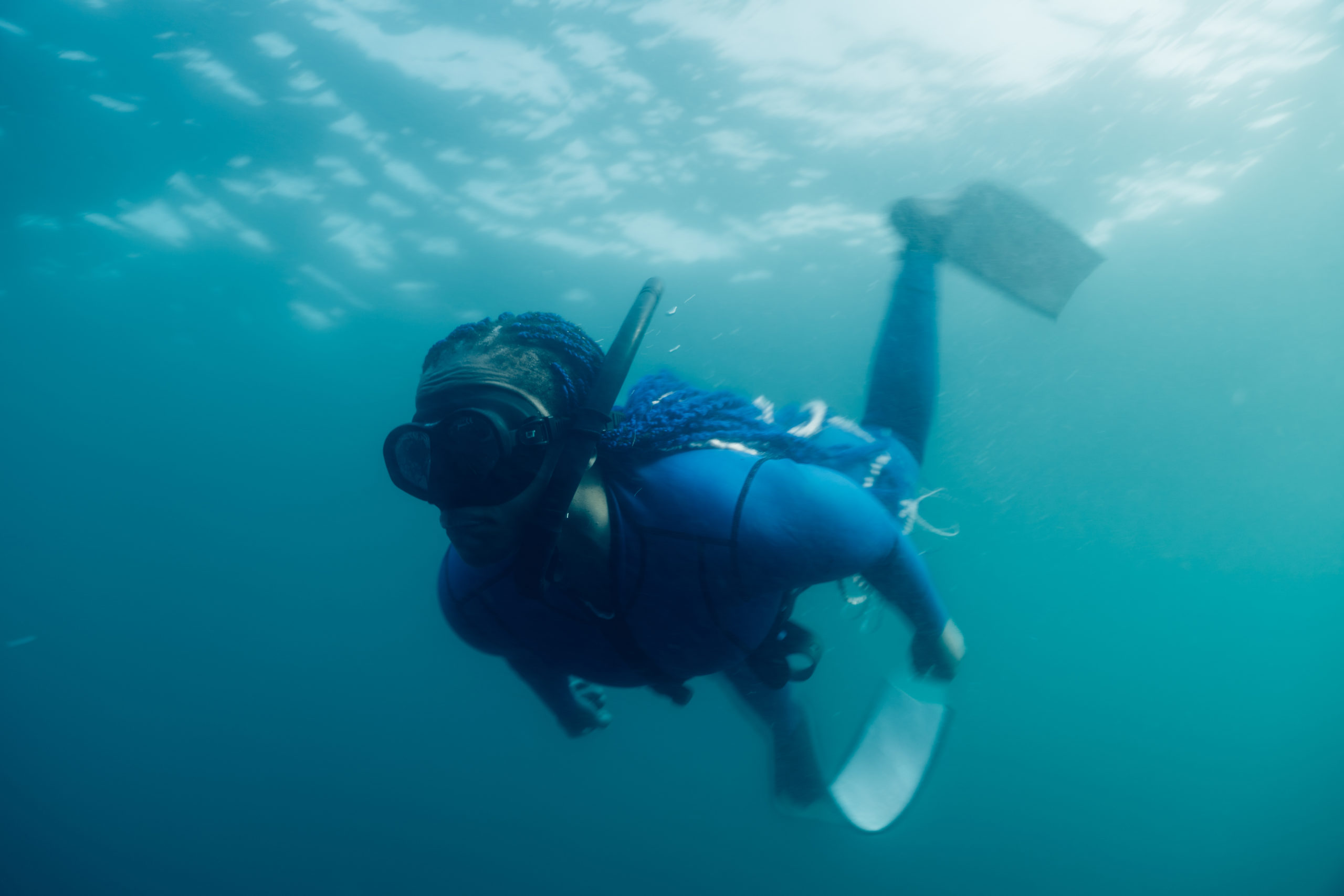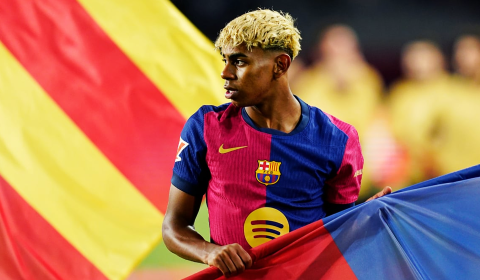We spoke to South Africa’s first Black female freediving instructor about her mission to diversify the sea and educate young people of colour on the importance of preserving it.
Born in a land-locked South African township, far from any coastline, it wasn’t until adulthood that Zandile Ndhlovu first experienced the ocean.
Raised on warnings against the dangers of deep water and being taught that the sea was ‘white people’s space,’ Zandi was apprehensive.
Eight years ago, however, when she had the ‘incredible’ opportunity to snorkel for the first time, this outlook was flipped on its head and Zandi began to view the depths in a new light.
From this point onwards, empowered, inspired, and self-affirmed by her ability to explore what she refers to as an indubitably ‘magical place,’ Zandi has dedicated her existence to guaranteeing that young people of colour are able to develop the same ‘life-giving’ connection that she now holds.
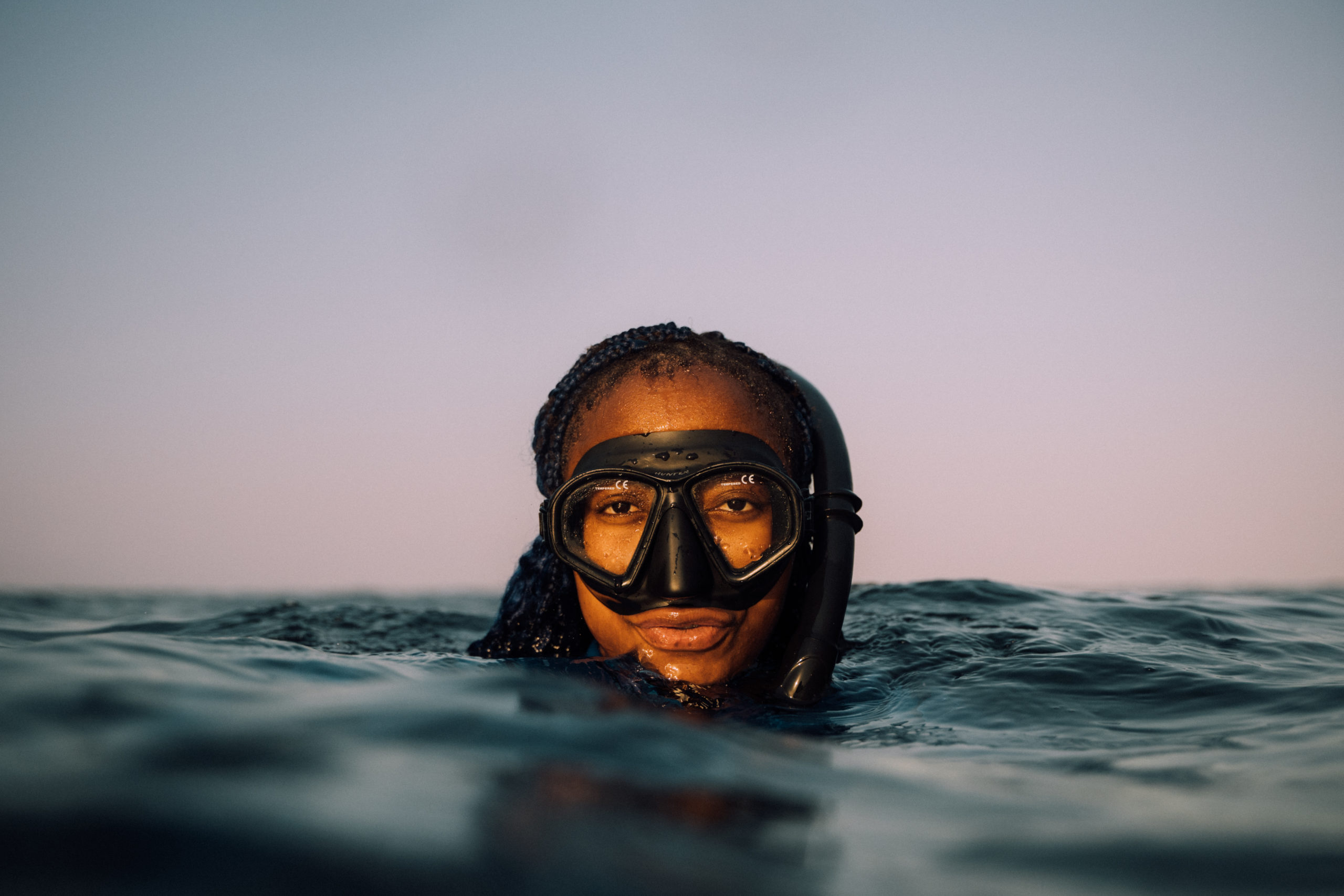
‘It is where I found freedom,’ she tells us. ‘It is where my purpose is most affirmed.’
As South Africa’s first Black female freediving instructor, the country’s history of apartheid and the systems of racial injustice that still prevail today have acted as the driving force behind Zandi’s motivation to challenge the stereotypes she grew up surrounded by.
‘There are three aspects to the obstacles I faced as a child which prevented me from exploring the deep,’ she explains.
‘One: the continuous stories telling me I wasn’t to be in and around water. Two: the wider culture of who should be permitted to access it. And three: the normative.’
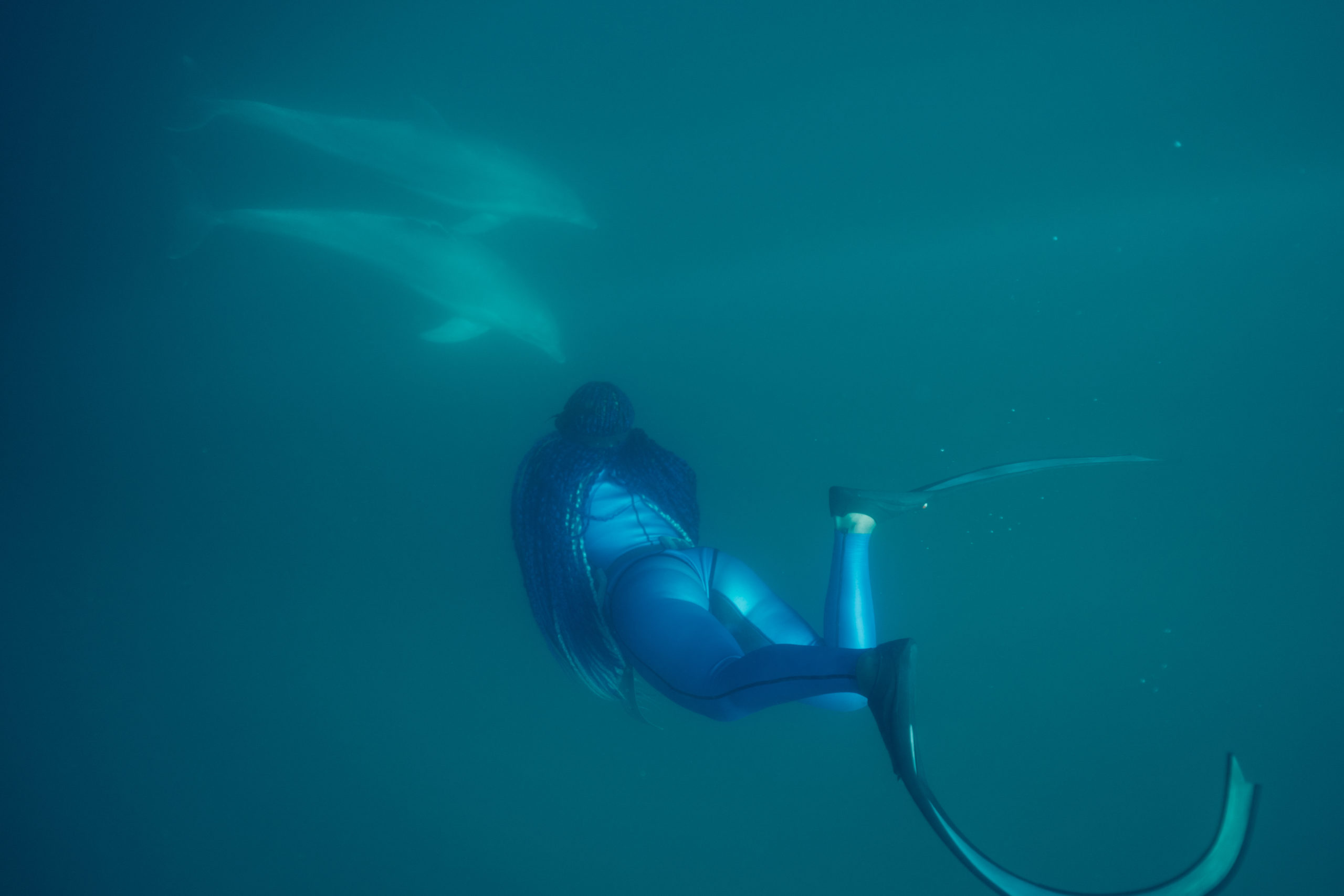
As Zandi divulges, the latter speaks to a narrative – one she is working to rewrite – that alienates BIPOC individuals from the ocean.
Because freedivers are most often white (or at least represented as such in modern media), ‘how the wetsuits fit, the commentary around hair,’ and the assumption of a reduced capability ‘isolates bodies that are already different.’
Yet as Zandi stresses, none of this matters to those who take the plunge.
‘Freediving is a mental battle, ’ she says. ‘So, when you’re down there – on a single breath I might add – discrimination beyond what you can achieve as a human being just slips away. This is notably in contrast to on land, where society is so banded, in identity, race, gender.’
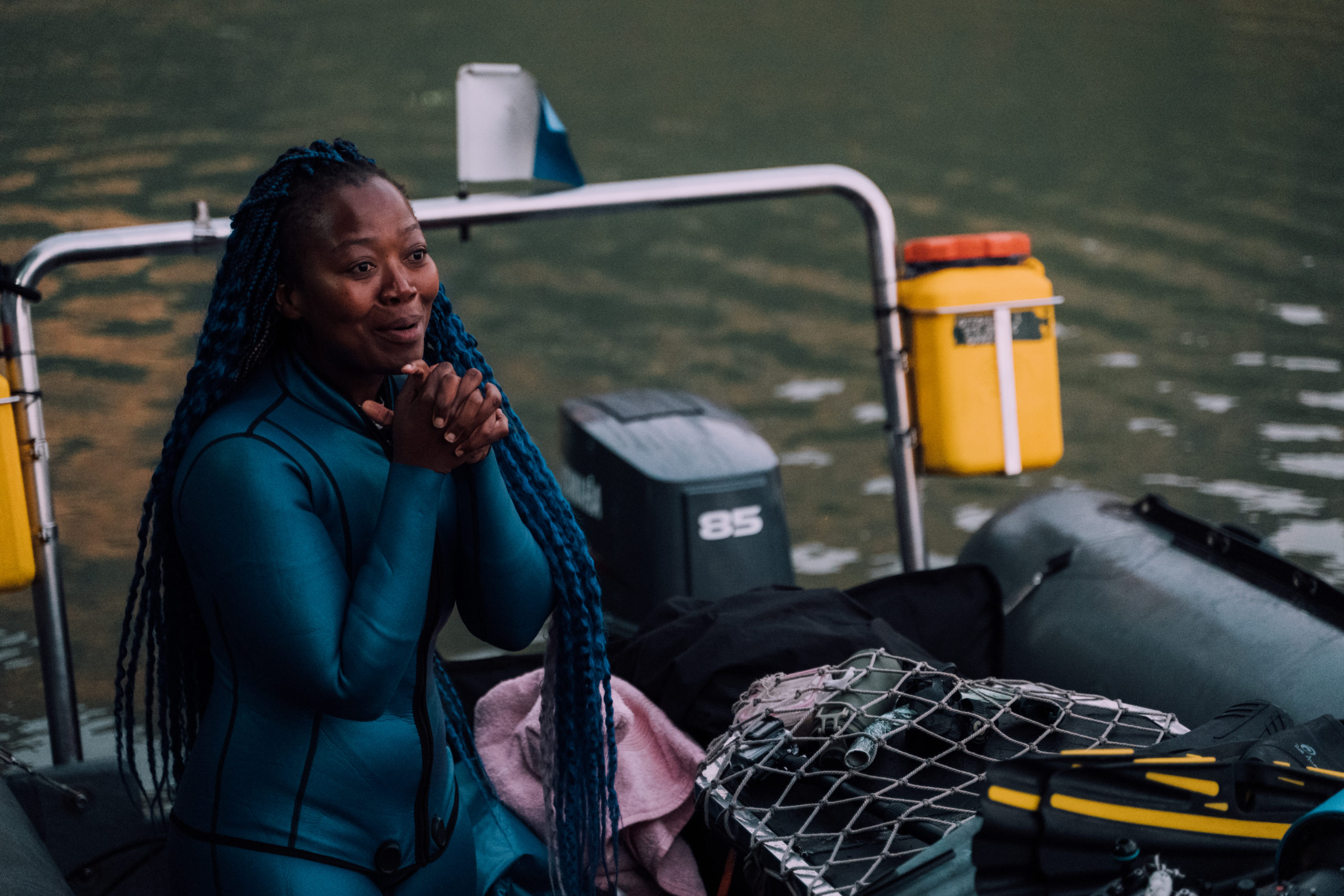
Unfortunately, as Zandi alludes to, stigma above the surface remains an issue that, in South Africa particularly, means only 15 per cent of its population can swim.
As a result, up to four people drown every day in South Africa’s lakes, dams, oceans, and private pools, almost all of them Black.
It’s for this reason that Zandi established The Black Mermaid Foundation, which strives to foster greater diversity and inclusion in the white-dominated ocean space.
‘With a strategic approach combined with an outside-the-box perspective, we help people break through barriers, overcome doubts, and take a large stride towards accomplishing their goals,’ reads the Black Mermaid Foundation’s about page.
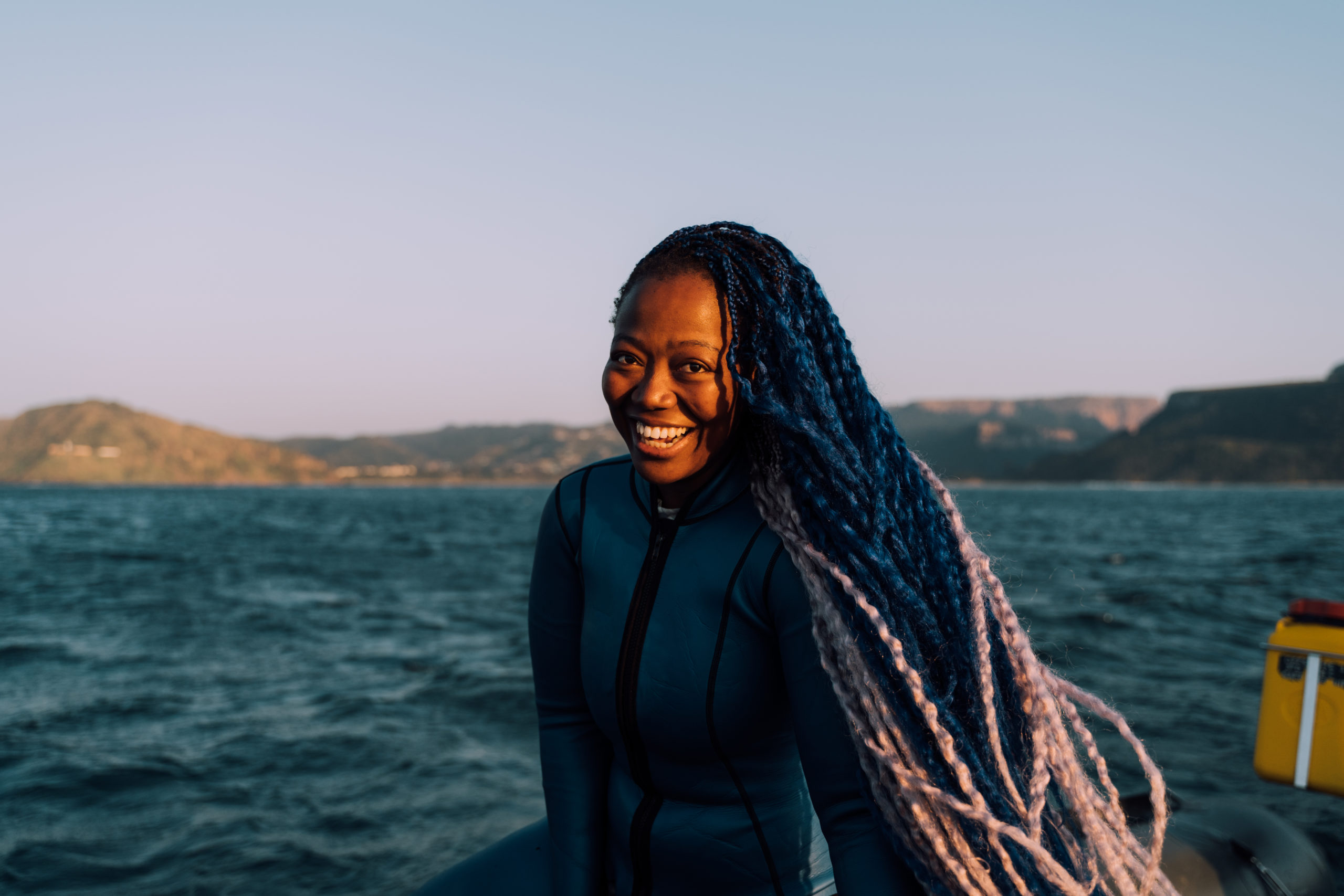
But how exactly is it doing this?









